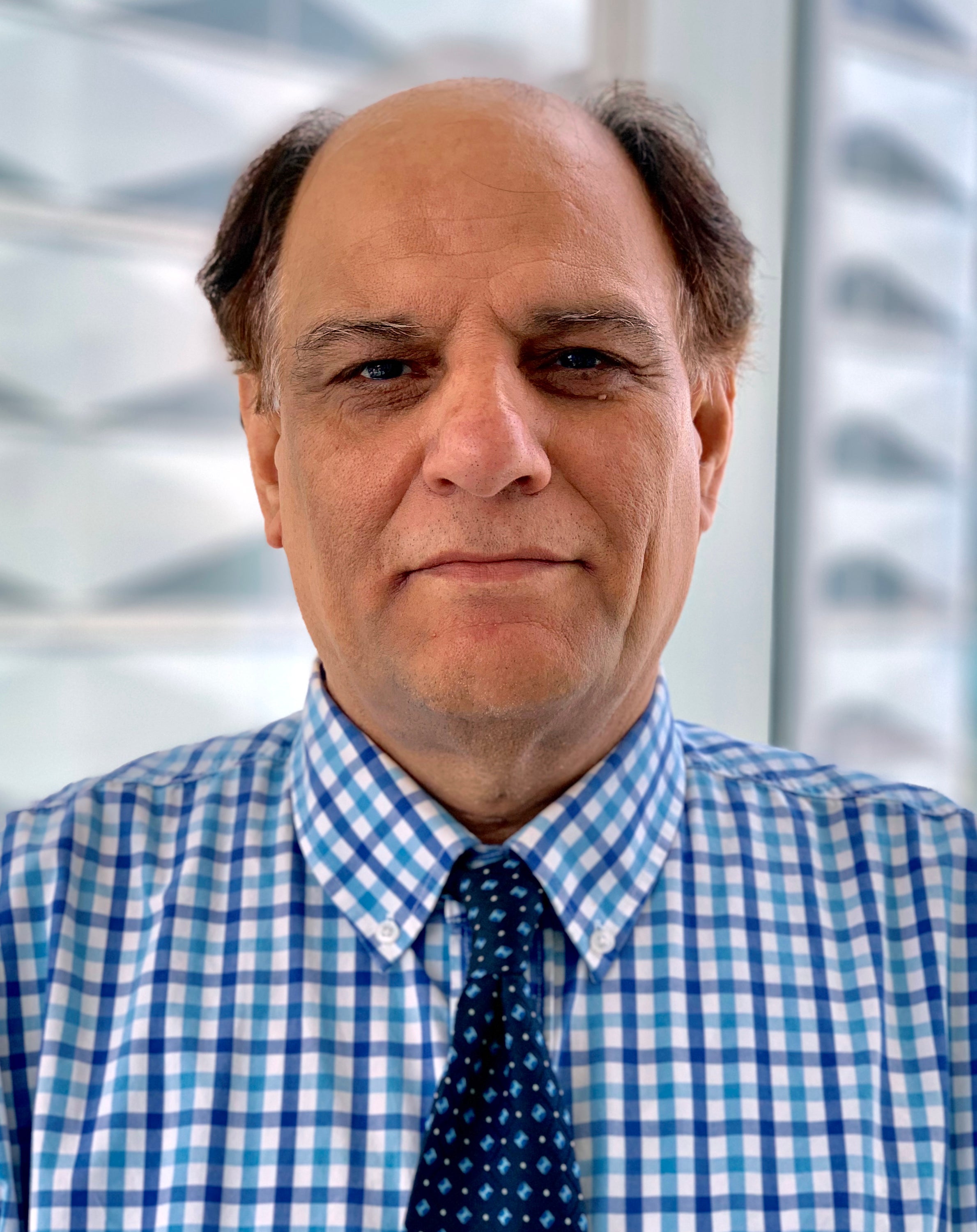Professor Rajinder (Raj) Pal of the Department of Chemical Engineering is a world-renowned researcher and an award-winning instructor with a reputation for helping students understand some of the discipline’s most complex and abstract concepts relating to transport phenomena and thermodynamics.
His work on the rheological, mechanical, electromagnetic and transport properties of dispersed systems (emulsions, suspensions, foams, particulate composites and composite membranes) influences industrial processes globally. It supports many industries’ efforts to maintain safe, cost-effective and sustainable operations.
Value-Added Transformations
Professor Pal’s career reflects the broad application of chemical engineering, which essentially involves transforming matter that is of little value on its own into something of great value. His research addresses a fundamental aspect of chemical engineering: prediction of properties and behaviour of matter during complex flow.
Using experiments and mathematical modelling, he determines how specific materials react under distinct circumstances so that he can predict their behavior in future applications. This knowledge, transferred via mathematical models, facilitates the creation of effective and cost-efficient production processes and units. His models are applied to products in many different industries, from energy to pharmaceuticals, enabling the wise and sustainable use of resources to achieve the most benefit at the lowest cost.
Influential Research
Pal is an accomplished and prolific researcher.
Noting the broad applicability of his research, Pal explains that chemical engineering is one of the most diverse engineering fields: “It can take in people with a wide range of interests, and it can be applied to many industries. Once you understand the fundamentals, you can apply them anywhere.”
Wide Applicability
When he began his PhD at University of Waterloo in 1981, the year IBM released the first personal computer, Pal’s research addressed challenges the Canadian Atomic Energy industry faced at the time. Then, while pursing postdoctoral research at the University of Alberta, he solved problems related to oil extraction from tar sands. In one project, for example, he designed and developed a fully automatic flotation column to maximize oil recovery, long before they became standard equipment in commercial petroleum operations.
As an assistant professor at UWaterloo in 1991, he focused on the rheology of dispersions – how they flow in pipelines and other related process equipment. This included research on the stability and demulsification of oil and water emulsions, column flotation and measurement of the flow of multi-phase fluids.
In 1998, the Canadian Society for Chemical Engineering honoured Pal with the Syncrude Canada Innovation Award, which recognizes an individual under the age of 40 who has made a distinguished contribution to the field of chemical engineering while working in Canada.
Pal’s research has wide applicability to many industrial sectors, such as food, pharmaceuticals, agriculture and paper. This demonstrates the flexibility and applicability of chemical engineering fundamentals as we move towards sustainable forms of energy.
To the benefit of his students, his research provides the examples, anecdotes and perspective on advances in the discipline that bring life to his lectures, helping students understand the real world implications of the concepts they are learning.
Teaching Excellence
Professor Pal’s outstanding teaching has been recognized twice by the Faculty of Engineering, with the Sandford Fleming Foundation Award for Teaching Excellence in 2001 and 2017 and, most recently, by the University with its prestigious Distinguished Teacher Award in 2020. As one of the department’s most recognized instructors, he is pleased to share his insights and methods with others as part of his ongoing efforts to enhance the discipline.
Pal is known for teaching second- and third-year undergraduate and graduate courses dealing with thermodynamics, transport phenomena and separation processes – topics at the heart of chemical engineering that build the foundation for advanced courses. While he is legendary for teaching without notes and writing complex formulas directly on the board by memory, his classes are effective because they provide students with multiple opportunities to ‘learn by doing’ and develop layers of knowledge. Group-based, open-ended design projects include realistic tasks that they will face as practicing engineers.
Strong Foundations
Those real-world scenarios and evolution within chemical engineering reinforce the value of its fundamentals. “Chemical engineers can’t rely on technology only,” Pal said, “We need to understand how and why things work. Anyone can use a software package to solve a basic problem. But what happens when the software package’s limitations prevent you from studying a new system or process? Chemical engineers must be able to develop the model equations so they can implement their own code or improve existing software.”
Students rave about Pal’s ability to help them understand and remember these complex concepts and formulas. Sucharita Vijayaraghavan, who took both CHE 200 and CHE 330 from Professor Pal, said that “the theory behind a Carnot cycle and the formula for efficiency is etched in my brain, as I’m sure it is for every student in my class.”

Accomplished researcher and award-winning instructor, Professor Raj Pal. His research on the rheological, mechanical, electromagnetic and transport properties of dispersed systems helps industry maintain safe, cost-effective and sustainable operations.